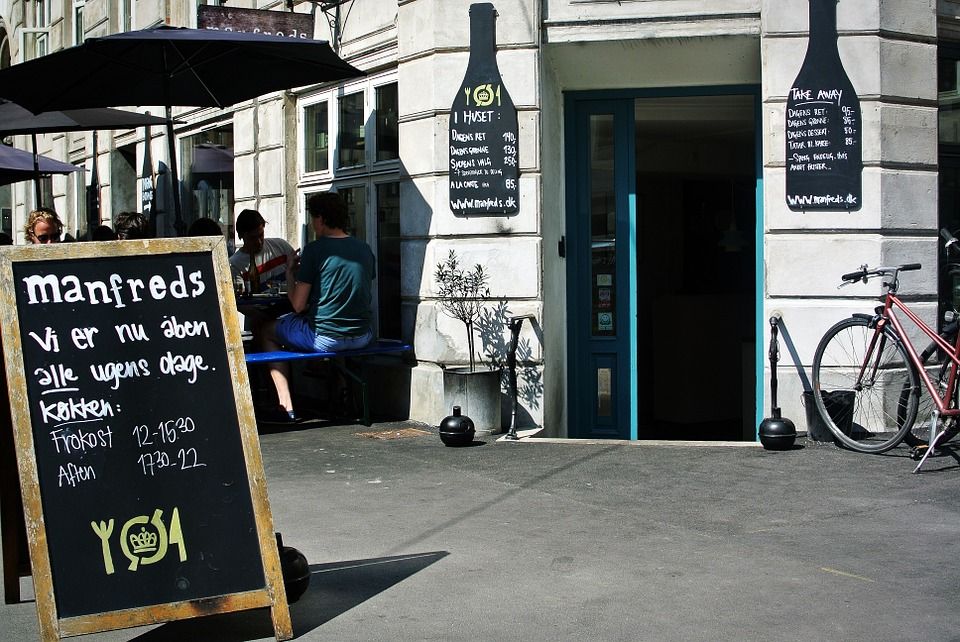The cost of living in Copenhagen seems to just keep going down – or perhaps other cities are just getting more expensive.
Whatever the reason, Mercer’s annual Cost of Living Survey ranked Denmark 28th in world – while the Danish capital has the highest cost of living in the Nordics, the result is better than last year’s 24th place and the 15th spot from two years ago.
In the Nordics, Oslo was ranked 46th, Helsinki came in at 88th and Stockholm finished in 106th.
“All cities in the Eurozone fell compared to last year. Copenhagen dropped from 24 to 28 – though the small drop is not necessarily down to the price of goods and services, which didn’t increase significantly,” Mercer Denmark wrote.
READ MORE: Copenhagen still the best bicycle city in the world
Lordy, lordy, Luanda
The rankings are compiled by all cities being compared to New York City and all currency changes being compared to the US Dollar. The survey covers over 400 cities across the world and measures costs of over 200 areas such as location, housing, transportation, food, clothing and household items.
Luanda (Angola) had the highest cost of living in the world, followed by Hong Kong, Tokyo, Zurich and Singapore. Seoul, Geneva, Shanghai, New York City and Bern rounded out the top 10.
At the opposite end of the spectrum, Tunis had the lowest cost of living, followed by Bishkek (Kyrgyzstan), Skopje (Macedonia), Windhoek (Namibia) and Blantyre (Malawi).















